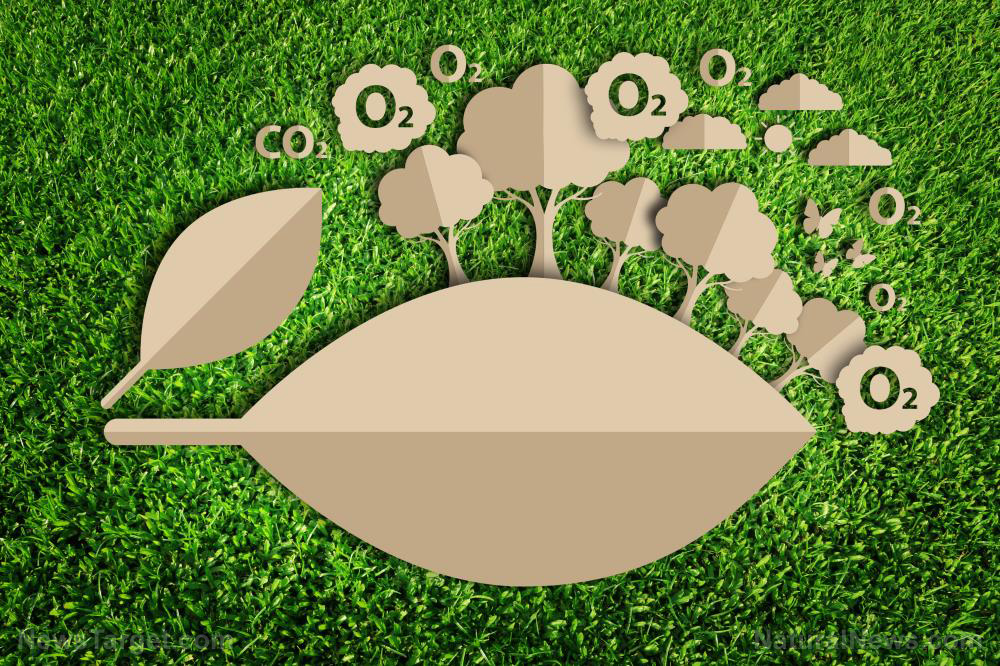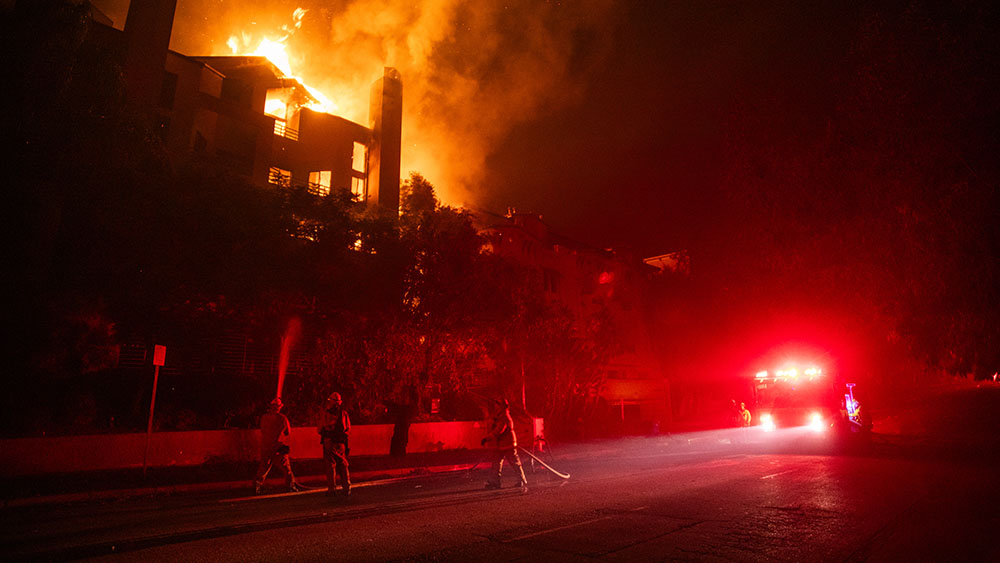 Parler
Parler Gab
Gab
- The Netherlands has officially labeled Israel as a security threat, citing concerns over disinformation campaigns, informal political influence and destabilizing actions — marking the first time a traditional ally has been deemed a direct risk.
- A Dutch security report (NCTV) alleges Israel circulated documents directly to Dutch officials and journalists, bypassing diplomatic channels, and included sensitive personal details that risked harassment. The report cited violent clashes involving Israeli football fans in Amsterdam as an example of resulting instability.
- The report warns that Israel and the U.S. are undermining international legal institutions like the ICC in The Hague, particularly after arrest warrants for Israeli leaders over Gaza war crimes. The Netherlands emphasizes protecting these institutions from external paralysis.
- Israel joins nations like Russia and China in Dutch threat assessments for employing similar destabilization tactics. The Netherlands and other EU states (e.g., Ireland, Spain) urge reevaluating ties with Israel over human rights violations in Gaza.
- While diplomatic channels remain open, tensions persist over Israel's actions in Gaza and its influence in Europe. The Netherlands' report reflects a broader European trend to address non-traditional security threats, signaling a shift in modern diplomacy.
NCTV report reflects broader security concerns
The designation of Israel as a security threat is part of a broader analysis of international threats, which also includes countries like Russia, China, Iran, North Korea and Turkey. The report highlights Israel's placement alongside these nations, all of which are assessed to use similar strategies to influence and destabilize foreign governments and societies. Dutch authorities stress that the report does not necessarily imply immediate diplomatic action against Israel. However, it reflects a growing concern over Israel's active foreign policy and security-related influence within Europe. The Netherlands, along with Ireland and Spain, has urged the European Union to reevaluate its ties with Israel due to its actions in Gaza, accusing the country of violating human rights provisions in the EU-Israel association agreement. Amsterdam' decision to name Israel as a security threat comes amidst ongoing tensions over the Gaza war and Israel's pressure on international legal institutions. Analysts believe that the deteriorating relationship between the two countries is also a result of the Netherlands' increasingly critical stance toward Israel's actions. Despite the tensions, diplomatic channels remain open, and talks are ongoing to reduce tensions. The Netherlands' latest threat report is a clear example of how European security authorities are broadening their assessments of potential threats, ensuring that indirect and informal influence methods are also brought to attention. As the international community monitors developments, the Netherlands' move is seen as a significant step in addressing the complexities of modern diplomacy and the evolving nature of security threats in the 21st century. Watch this video about the ICC calling for the arrest of Israeli Prime Minister Benjamin Netanyahu. This video is from the Fritjof Persson channel on Brighteon.com.More related stories:
INSANITY: Washington sanctions four ICC judges over Israel war crimes investigations. Zionist supporters of Israeli soccer team started the riots in Amsterdam, viral video reveals. ICC issues arrest warrants for Netanyahu and Gallant for war crime of deliberate starvation and crimes against humanity. Sources include: MiddleEastEye.net IsraelNationalNews.com NordicTimes.com Brighteon.comSweden’s climate retreat exposes EU green dream’s unraveling
By Willow Tohi // Share
Poland signs $6.7 billion deal for 180 K2PL main battle tanks from South Korea
By Laura Harris // Share
Borrell slams EU’s complicity in Israeli war crimes, calls for action
By Zoey Sky // Share
New Jersey secures record $2 billion PFAS settlement with DuPont, Chemours and Corteva
By Laura Harris // Share
Governments continue to obscure COVID-19 vaccine data amid rising concerns over excess deaths
By patricklewis // Share
Tech giant Microsoft backs EXTINCTION with its support of carbon capture programs
By ramontomeydw // Share
Germany to resume arms exports to Israel despite repeated ceasefire violations
By isabelle // Share










